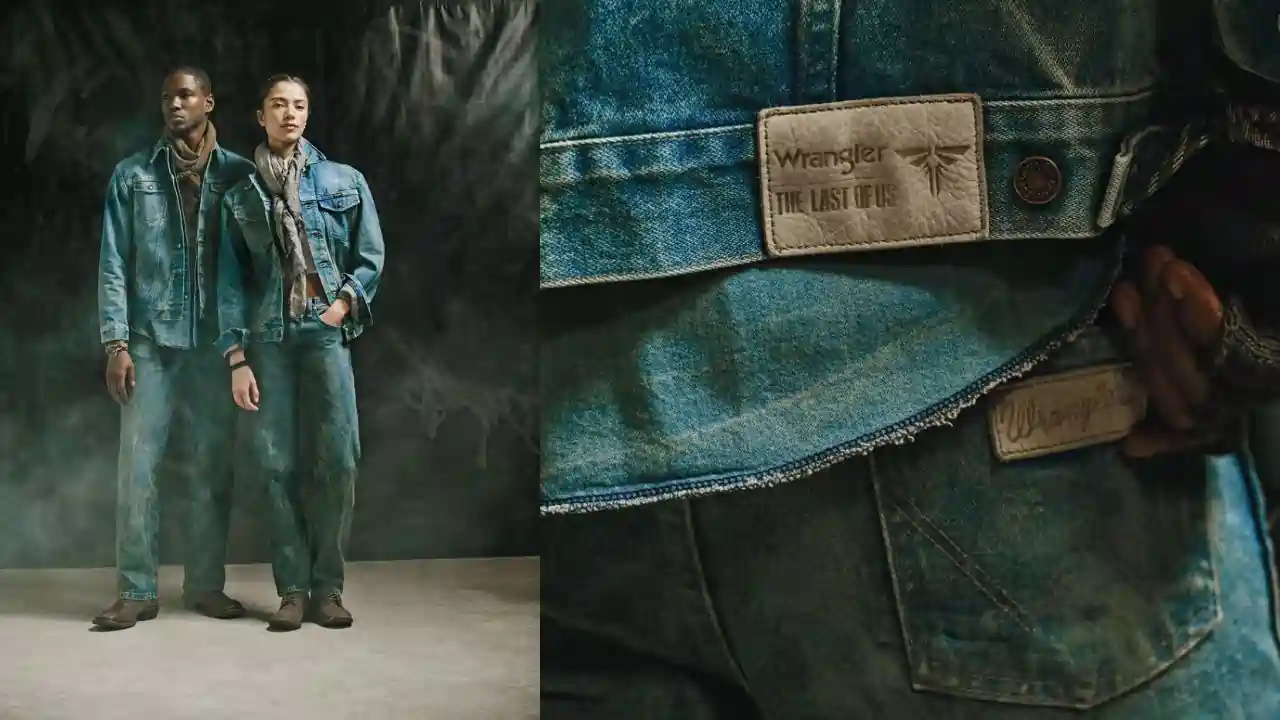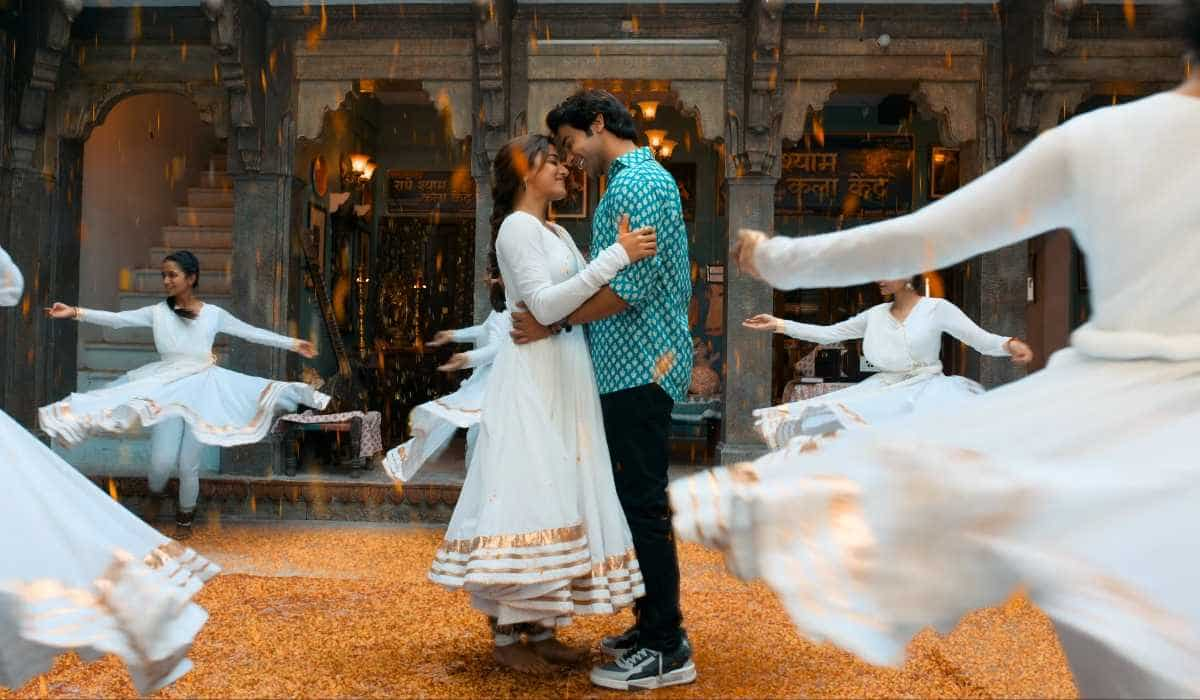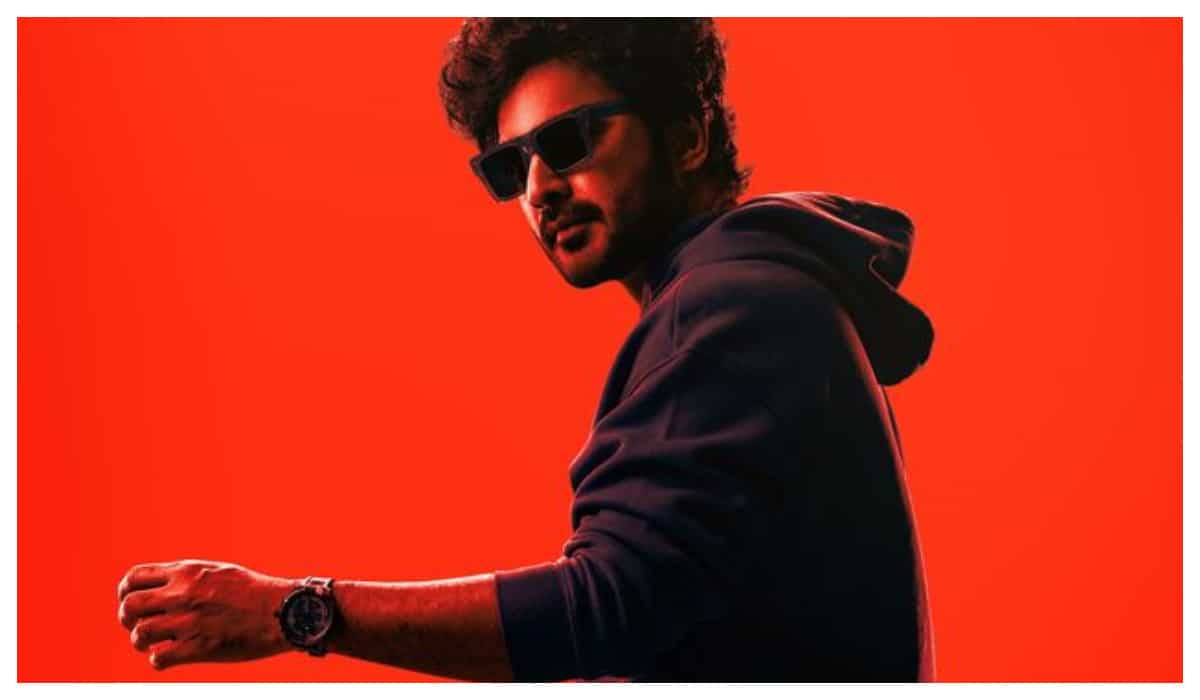
Steve McQueen interview on Blitz: We should be truthful to children about war, there's no fairy tale here
6 months ago | 5 Views
Academy Award-winning filmmaker Steve McQueen's last film, Occupied City (2023), was a documentary about the Nazi occupation of Amsterdam during World War II. With his next film Blitz, he sticks to the same time period but shifts his focus to London, the city he grew up in. It's only fitting then that Blitz premiered at the BFI London Film Festival this week, before it hits cinemas next month before finally arriving on Apple TV+ on November 22. This time, Steve also goes back to fiction, his first such feature since Widows in 2018.
War simmering within
In an interview with Hindustan Times, Steve claims that while there have been umpteen films about World War II, ones that focus on the Blitz have been only a couple. The Germans bombed London for eight months, from September 1940 till May 1941, prompting the civilians to resort to underground subway stations. Steve didn't have too many cinematic references for the Blitz's depiction, not that he needed any in the first place. “I want to know how it actually happened rather than how people depicted it. When I was doing research, I realised it's quite a different image than what people have done. In that sense, our picture is quite unique because it tells how the Blitz actually was rather than how it was depicted. Very different,” says Steve.

Steve recalls that the “invisible” history of the Blitz has always been all around him during his formative days in London. He didn't want to make yet another war film, which depicts a country against another. “What I was interested in was looking at the civilians on ground. I wasn't interested in soldiers fighting each other in different uniforms and see which side could kill more people. It was about us, and how we civilians deal with the unfortunate situations that decisions of people in power create. That's what I wanted to focus on – ordinary people trying to navigate this unfortunate landscape,” says the filmmaker.
He rose above the media narrative of war and got acquainted with the on-ground reality when he worked as an Iraq war artist in 2003. “Yeah, there’s a thing called a ‘war artist’. It's ridiculous, but there's one,” Steve says, rolling his eyes. It was a photograph that he came across while researching for his 2020 anthology Small Axe that got him thinking about the lens through which he wanted to tell a wartime story. “This small Black child standing at a railway track, wearing an oversized coat, a cap, and holding a suitcase, waiting to be evacuated. I thought that was my end: seeing the world through a child's eyes,” Steve recalls.

Finding his actors
Thus began the search for George, his 9-year-old protagonist who flees from a refuge, loses his way back home, and encounters several war-torn predicaments across the UK. “Finding Eliot Heffernan for this film was very vital because there wouldn't be any picture without George. A child is innocent, and he's in a situation that we adults created. Following his journey was like having a conversation with the public through George's eyes. I was wondering would there be any actor who can do that? Eliot had never acted before, but there was a stillness about him which was tremendous. I'd like to believe we found someone who could potentially do great things again, in the future,” says Steve.
Steve McQueen's Blitz throws its child protagonist into the deep end. Unlike glossy yet life-affirming movies like Life Is Beautiful (1997) and Jojo Rabbit (2019), Blitz doesn't believe in candy-coating the fatalities of war to ‘protect’ kids. After George's mother Rita (Saoirse Ronan) sends him to the countryside in order to save him from the constant bombing, George decides to escape and experience the ripples of war first hand on ground. “It's the reality of the situation. I wanted eyes wide open. There's no fairy tale here, other than a grim fairy tale, it's very dark. We should be truthful and honest to children. In fact, us adults can learn from them because they'll tell us in a very direct manner what they think,” Steve says.

“For me, to see war through a child's eyes is sobering. Because a child is right or wrong, good or bad, so at what point do we adults turn away, or turn a blind eye, or pretend not to listen? So hopefully, with this picture, it's all about how as humans, we focus, see clearly what's going on, and hopefully do better,” he adds. The tendency to bury one's head in the sand is symbolised in the film through the depiction of the underground as a perennial refuge. But when a deluge consumes the subway wrecking havoc, the same space becomes the most dangerous to be in.
Steve McQueen also realises that all war, and no fun makes a dull movie. Which is why song and dance interludes – at pubs, home, and factories – are peppered all over the story, diluting the grimness of periodical bombing. “We're remarkable as humans because in the dark, we always find light. As humans, we're quite inventive in times of darkness. I find that very interesting. Music became a kind of weapon to love people and fend off fear. It became a medicine to the unfortunate situation we found ourselves in. You can see that in times of coronavirus – how art was so important to people, it was their solace,” Steve says.
The casting of Saoirse Ronan then came as an added advantage, given she could not only act, but also sing and dance when needed. “She's extraordinarily talented. What can't she do? The only thing she didn't do in this movie was a somersault, and she could do it with the click of a finger. It was amazing to work with her. As an actor, she gives so much,” says Steve, revealing his only concern was whether Saoirse could sing. “Then I learnt she could sing like a bird. The most moving thing to me, that transcended what was on the page, was when she was singing to 450 women at an ammunition factory,” recalls Steve, dubbing Saoirse as “one of the greatest actors, if not the best one” we have now.
With his seminal 2013 historical 12 Years A Slave, Steve McQueen became the first Black filmmaker to fetch the Oscar for Best Picture. Thus, no film of his could possibly be devoid of race. George, born to a Black father and a white mother, doesn't consider himself Black because of the bullying and racial discrimination he faces among his peers. It takes an unlikely ally in a Black cop when he's struggling to find his way back home to come to terms with his Black identity. Steve argues that though he was a victim of institutional racism back in school, George's tryst with discrimination goes beyond his own – and even beyond race or skin colour.

In a moving scene, the Black cop pulls down curtains inside a refuge centre that segregates native Britishers and Indian immigrants. He argues that in the process of protecting themselves from Adolf Hitler, they can't turn into the monster they're trying to fend off. Steve sumps it up well, "A lot of people experience discrimination, in the form of anti-Semitism, Islamophobia. That has to be portrayed within the narrative because that was a part of George's story among other things. It becomes a part of the broader conversation because really, we were not fighting just our enemies at that time, we were also fighting ourselves.”
Read Also: Anne Hathaway apologises for ‘rude’ interview after comparisons drawn to Blake Lively
HOW DID YOU LIKE THIS ARTICLE? CHOOSE YOUR EMOTICON !





















